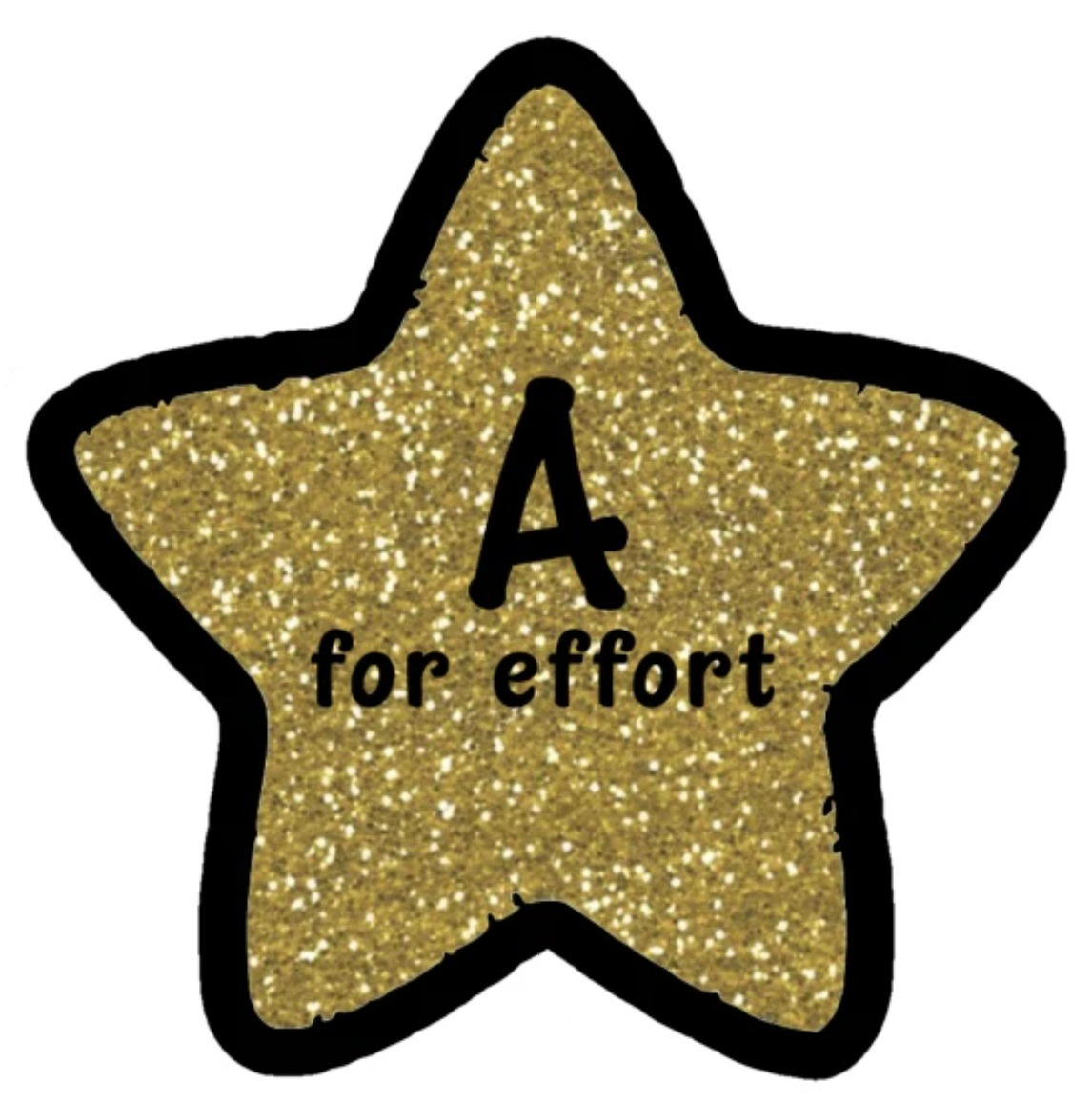Adam Grant is one of my favorite contemporary thinkers. Last year, he wrote a great essay in The New York Times titled "No, You Don’t Get an A for Effort," arguing that effort alone shouldn’t be rewarded the same way as mastery. A student can spend hours studying, but if they don’t truly grasp the material, they haven’t learned it. And if they haven’t learned it, do they deserve an A?
And if a student manages to earn a string of A’s, does that mean they’re entitled to success in life?
Outside the classroom, results—not effort—carry the most weight. Yet we often overestimate the value of our own hard work, assuming that effort alone should earn us a desired outcome. But effort doesn’t guarantee success, or even progress. Worse, fixating on increasing our effort it can blind us to the fact that we might be working hard in the wrong direction.
I fall into this trap myself. When I spend hours refining a presentation only to be met with indifference from investors or collaborators, I catch myself thinking, But I worked so hard on this. I deserve their full attention. They should see my point. That assumption feels correct and just, but it’s flawed. It assumes they have the same stake in my success as I do—which, unless I’m presenting to my die-hard loved ones, simply isn’t true.
When my effort doesn’t land—when I’ve poured myself into something, lost sleep, pushed past exhaustion, only to see it fall flat—I get frustrated. And when that frustration builds, I become more likely to lash out, not just at myself but at the people around me.
My effort feels significant to me, but that doesn’t objectively entitle me to anyone’s time, attention, or agreement. And it ignores a fundamental truth: plenty of other people work just as hard, so why should my effort carry more weight than theirs?
I understand why we celebrate effort. It pushes back against the idea that raw talent alone determines success, emphasizing persistence and learning from failure instead. And prioritizing effort over innate ability seems more fair—it suggests that anyone can succeed if they’re willing to put in the work.
But this mindset has its limits. Hard work can make up for a lack of natural aptitude in many areas, but effort alone isn’t enough. You still have to recognize when you’re on the wrong path, when to shift strategy, or when to acquire new skills instead of doubling down on what isn’t working. And perhaps the hardest truth to accept is that external factors—luck, timing, and sheer randomness—also shape outcomes.
Take business. Chasing a dream client—sending cold emails, networking, pitching—doesn’t mean you inherently deserve their business. That ignores the reality that they may be facing budget cuts or that you simply aren’t the right fit. Persistence is valuable, but it doesn’t automatically translate to success. Just as important as putting in lots of work is knowing when to step back and redirect your efforts.
In medicine, this distinction is even more critical. A doctor can spend hours poring over test results, consulting colleagues, and considering every possible diagnosis, but if they don’t reach the right conclusion, the patient remains untreated or improperly cared for. Earnest effort may help build trust—patients appreciate a physician who is thorough and invested—but it doesn’t override the fundamental responsibility of providing timely and effective care. If anything, the more time and energy spent pursuing the wrong approach, the greater the accountability for delaying a patient’s chances at recovery.
The same applies to relationships. Whether it’s something small, like forgetting to take out the trash, or something more damaging, like shutting down during arguments, effort to change is important, but it doesn’t erase past harm. Nor does it grant a free pass for continued missteps.
Real effort should be recognized, but it doesn’t replace real improvement. It should be actively noted and encouraged, but when continued effort fails to produce meaningful change, it becomes exhausting for everyone involved. And at some point, that exhaustion turns into discouragement, making neither party want to keep trying at all.
Ultimately, tying our sense of fairness to effort makes us fragile. If we believe hard work should guarantee success, we become rigid, easily frustrated, even resentful when things don’t go our way. We start to see the world as unfair—not because it truly is, but because it hasn’t rewarded us the way we think it should.
That mindset doesn’t just breed frustration; it keeps us stuck. Instead of assessing what’s working and what’s not, we double down on effort in the wrong places, expecting persistence alone to tip the scales in our favor.

But the world doesn’t operate on a strict input-output system, and success isn’t handed out as a prize for effort alone. The people who move forward aren’t the ones fixating on how unfair it all seems. They’re the ones who recognize when effort isn’t enough, reassess, and adapt. Because once you start believing the world is unfair, you risk falling into the most self-sabotaging trap of all: giving up entirely.
Effort matters, but it’s not a free pass. The real challenge is making sure our hard work is effective—and being honest with ourselves when it isn’t.



